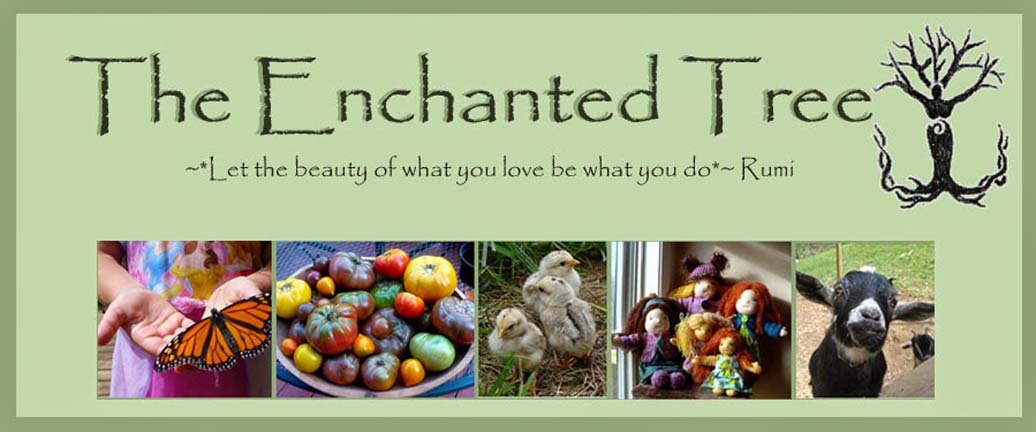So what's the buzz? This spring we are getting bees! This is something i've been wanting to do forever, but didn't really know where to start. Kenan has a strong reaction to yellow jacket stings (even took an ambulance trip to the ER) because of it, so i really didn't think keeping bees would be possible for us.
Kenan took an interest in it recently and attended a free class that was hosted by our library. After the class he signed up for a bee workshop that was offered by the local bee society. Did you know that bees and wasps have different venom? It is very common for someone to have an allergic reaction to yellow jacket venom, but not react to bee stings or vise versa.
Kenan will always be in full suit as a precautionary and carrying his epi-pen, but we realized keeping bees really is possible. Once they are set up the kids and i will be incharge of general upkeep and maintenance. So Kenan's actual interaction with the bees should be quite minimal.
We ordered our hives from Brushy Mountain Bee farm. We bought 4 hives to start. Two large and two smaller. Kenan got to work putting them together.
Then we all spent the afternoon priming the hive boxes and in a few days we'll paint them. Our bees have been ordered through the local bee society and will be arriving in early April i believe. This is a new venture for us, but i'm very excited to be doing our part to help save the bees. We may get some honey the first year, but it's not a guarantee. We do hope to see some benefit from the additional pollinators in our gardens. The last few years we've seen very few honey bees. i often have to hand pollinate the squash due to the lack of bees. So we are really hoping that adding bees will increase our garden yields.
We are looking forward to harvesting honey in the future, along with honeycomb and bee pollen. It's a pretty big investment, with no guarantee Many hives fail the first year due to animal pests, mites and disease. However one of the things stressed at the bee workshop is that you shouldn't keep bees just for the honey. You keep them for the environment and pollination benefits and just to help the bees! If all goes well, the honey is a bonus.
i'll be updating more as we get our hives set up and the bees arrive this spring.




0 comments:
Post a Comment